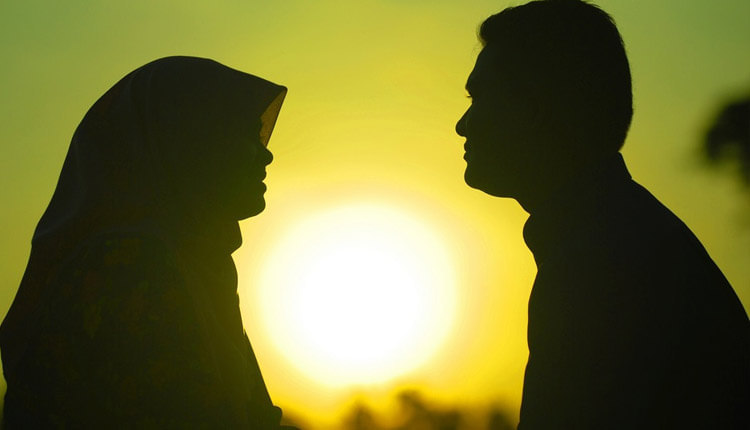Talaq and Halala
Though I still disagree with some of your basic ideas and some of my questions are still unanswered about your point of view, I feel that you are doing a good job on the television program.
I have been asking columnists to write on the topic of talaq-e-raja’i, but they say ulema wouldn’t like it and they have politely refused. The divorce that is being practiced in our country is talaaq-e-baa’in. Being a teacher I have realized that the concept of talaaq-e-raja’i is not known to common man. The only talaaq they know is giving it 3 times and then revert to halalah, which I recently found out is ja’iz in hanafi and shafai fiqh (bidayatul mujtahid by ibn-e-rushd).The Union Council talaaq nama only mentions talaaq-e-ba’in. The husband signs it and every month one talaaq becomes effective. They call it talaaq-e-hasan. And the way that Qur’an gives is called talaaq-e-ahsan. Meaning that they believe that the Qur’anic way is better but do not implement it.
My reason for writing this to you is because you have access to media. Can you please do some programs on this topic and educate the public to give talaaq-e-raja’i instead of ba’in and also draw the authorities attention towards the union council talaaq nama and implement the true Qur’anic way which in fact is the only way of giving talaaq. It will save a lot of marriages and also save a lot of women from the disgrace of going through planned halalah.
Answer
Thanks for your kind message. To have disagreements is never a problem. The real problems arise only when people don’t listen to each other, doubt the intentions of others, and stick to their points of view emotionally without bothering to know what others are saying. Otherwise, disagreements are a blessing. We think harder because of them.
If you do not agree with me on many of my ideas, that too is understandable. But I would like to get an opportunity to know where you disagree with me and want to get an opportunity to explain to you what has led me to reach conclusions different from yours.
One of the things which might help you in understanding how we think is on the basis of what you have written: You have mentioned that Imam Abu Hanifa and Imam Shafi’i both allow Halala. Without disrespecting them, I would say that I can’t agree with their view. There is only valid way of doing nikah, which is to have the intention of living together as husband and wife for one’s lifetime. A planned one-night’s nikah is no nikah. It is simply zina.
We have done some television programs on Talaq already. In fact, a large percentage of questions I respond to during my live programs in Ramadan are regarding Talaq. I clearly tell people a few things: Halala has no place in Islam; three or one million Talaqs pronounced in one go make only one Talaq when the one pronouncing them doesn’t even know how it is to be correctly done; that after giving Talaq, the husband must continue to keep his wife in his home for the period of iddat and the wife must continue to reside there; that the two can reunite within the period of iddat; and that in the first two instances, they can remarry even after the iddat period is over without any hesitation by going through a simple nikah.
I quite agree with you that there is only one Talaq which is mentioned in the Quran. Unfortunately the one recognised by our system is the one that Ahle Hadith promote as Hasan. Our understanding is that Hasan Talaq is also based on a misunderstanding that has crept into our religious literature through the mistake of a (or a few) reporters. We try to influence the authorities and we will continue doing it, insha’Allah. Our voice however is too weak.

